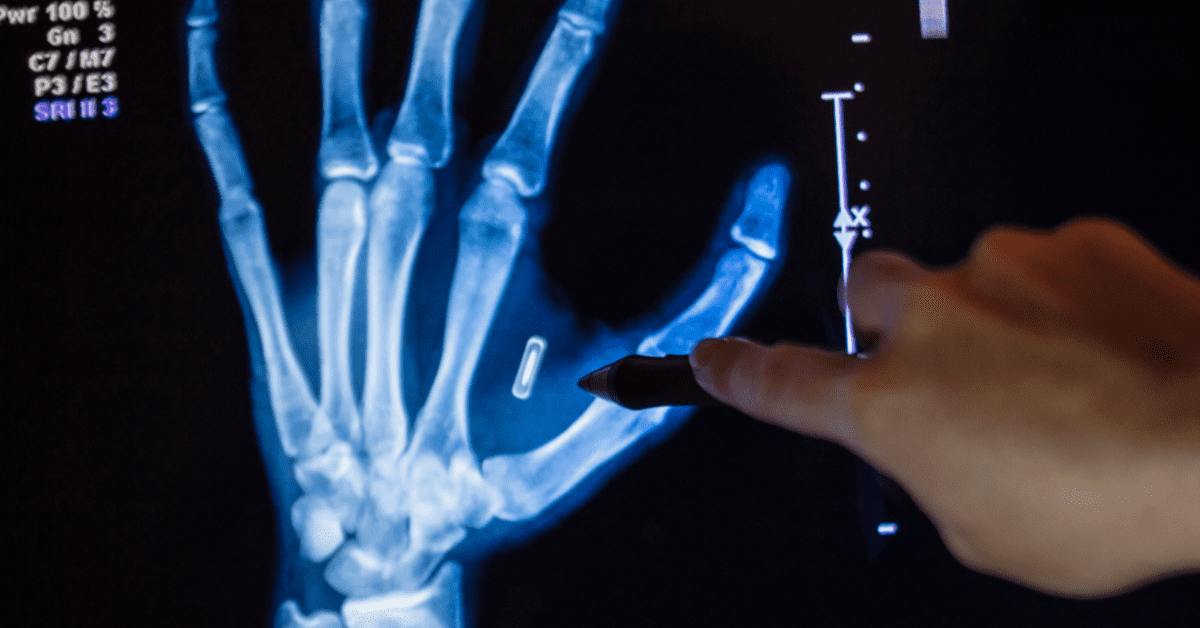
- Magnolia Tribune brings you a Bill of the Day from the 2024 Mississippi Legislative Session that just may pique your interest.
Starting a new job can be full of paperwork, schedule adjustments, new faces, and increased responsibilities. But have you ever been concerned that your employer might want to know more about you than what they see from 9 to 5?
SB 2088, authored by State Senator Kevin Blackwell (R), addresses a fear that some may have not considered in the workplace – the potential for a microchip implantation.
Blackwell’s bill argues that employers cannot coerce or threaten employees to be chipped. It also requires the employer to cover the costs of removal of a microchip and outlines specific circumstances in which implantation is allowed and what the chip should be used for.
However, the legislation does not ban the option to provide microchip implantation use.
“Technology today is advancing at a rapid pace and as a legislator we need to be aware of the use and misuse of this technology,” said Senator Blackwell, adding that at no point should the government or employers be able to require this type of breech in privacy.
Blackwell said the bill is intended to protect employees’ rights while providing transparency for those who do opt in to the chipping process.
No companies in Mississippi are currently utilizing the technology but Senator Blackwell said this bill was authored as preemptive law.
Back in 2017, Three Square Market, a tech company from Wisconsin, decided to microchip roughly 100 of their employees. Two Swedish companies, Bio Teq and Epicenter, utilized the same technology with roughly 150 employees two years prior.
Three Square Market told CNBC in 2017 the chipping was to offer workers the option to get rid of their employee ID cards and passwords. The microchip was inserted under their skin, between the thumb and forefinger, and was the size of a grain of rice.
Those chips allowed door access, computer sign in, and snack purchases with the wave of a hand. The company said all employees were given the option to have the implant or not.
Some states, including Arkansas, California, Nevada, and Oklahoma, have banned the implantation of such microchips. Alabama was the most recent to do so in 2023.
Blackwell’s bill has been double referred to the Senate Labor Committee and the Senate Economic and Workforce Development Committee.











